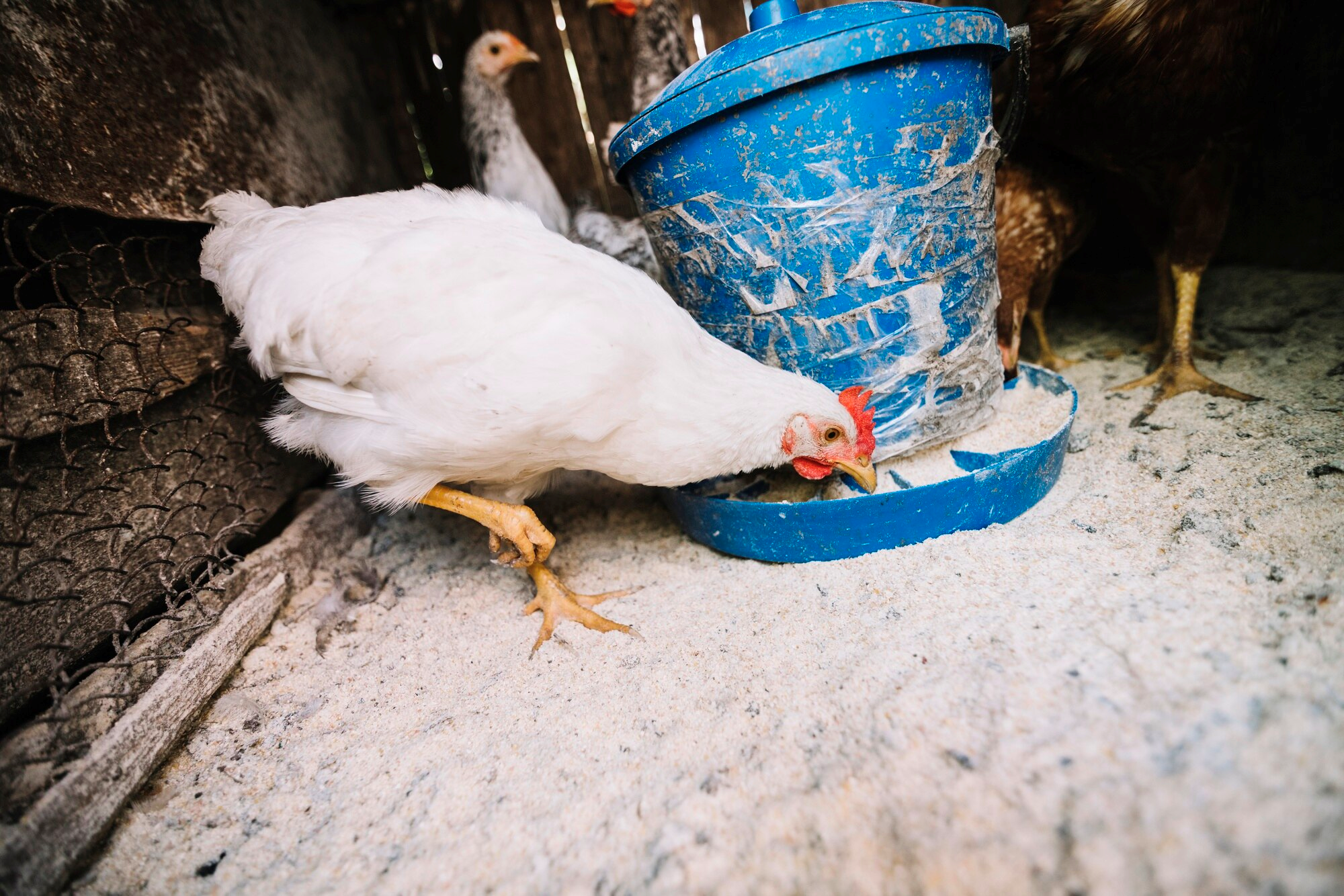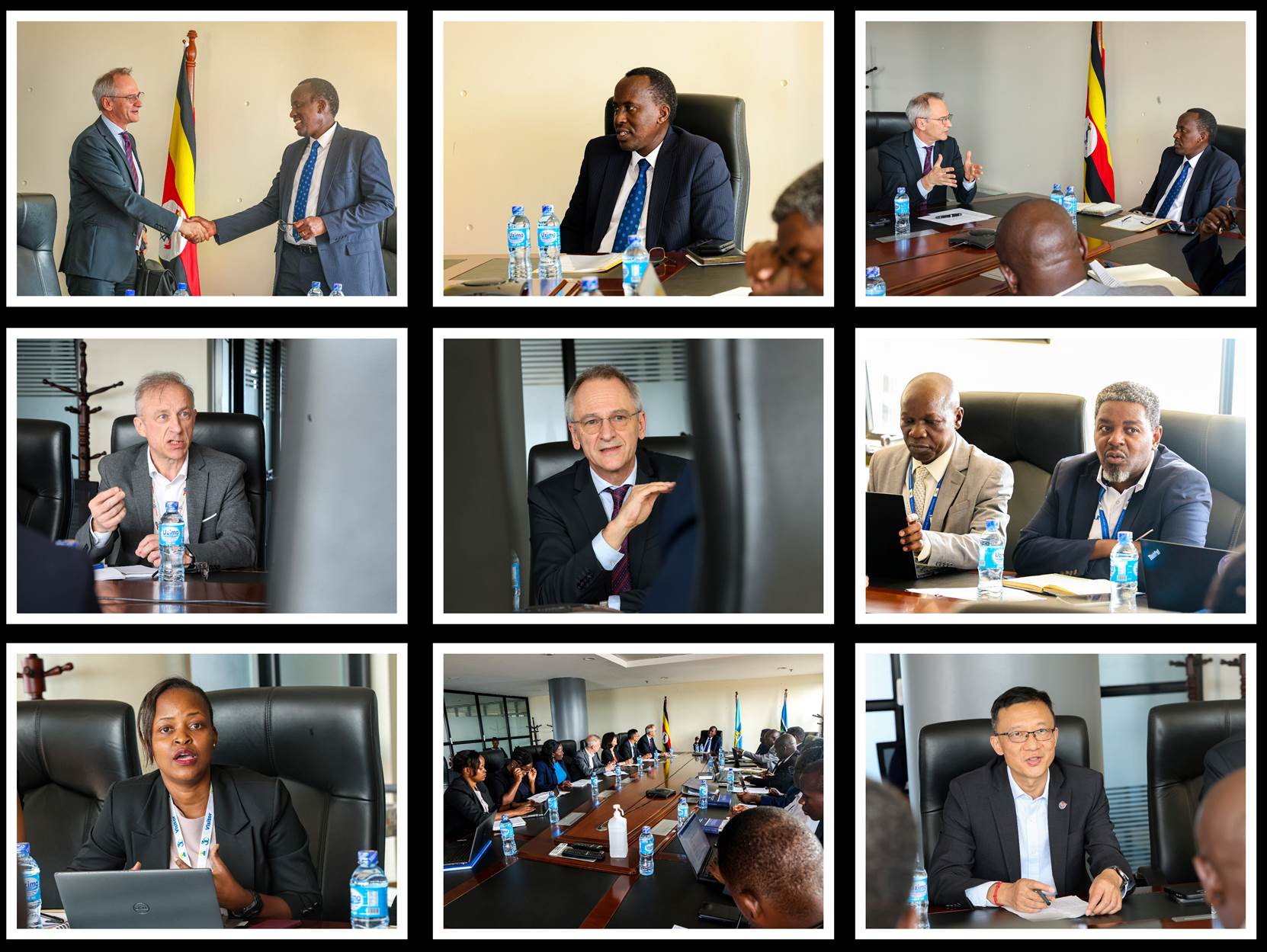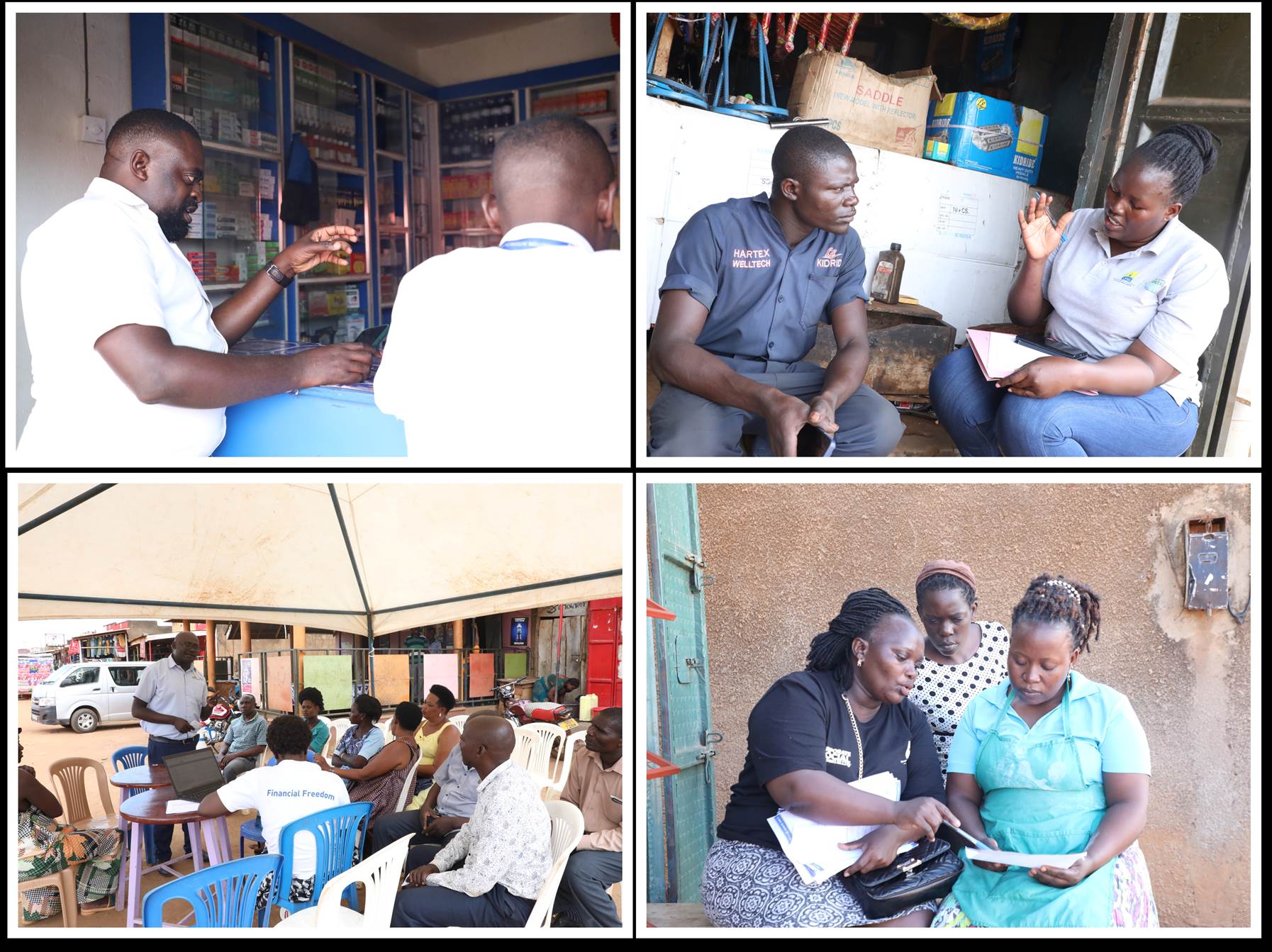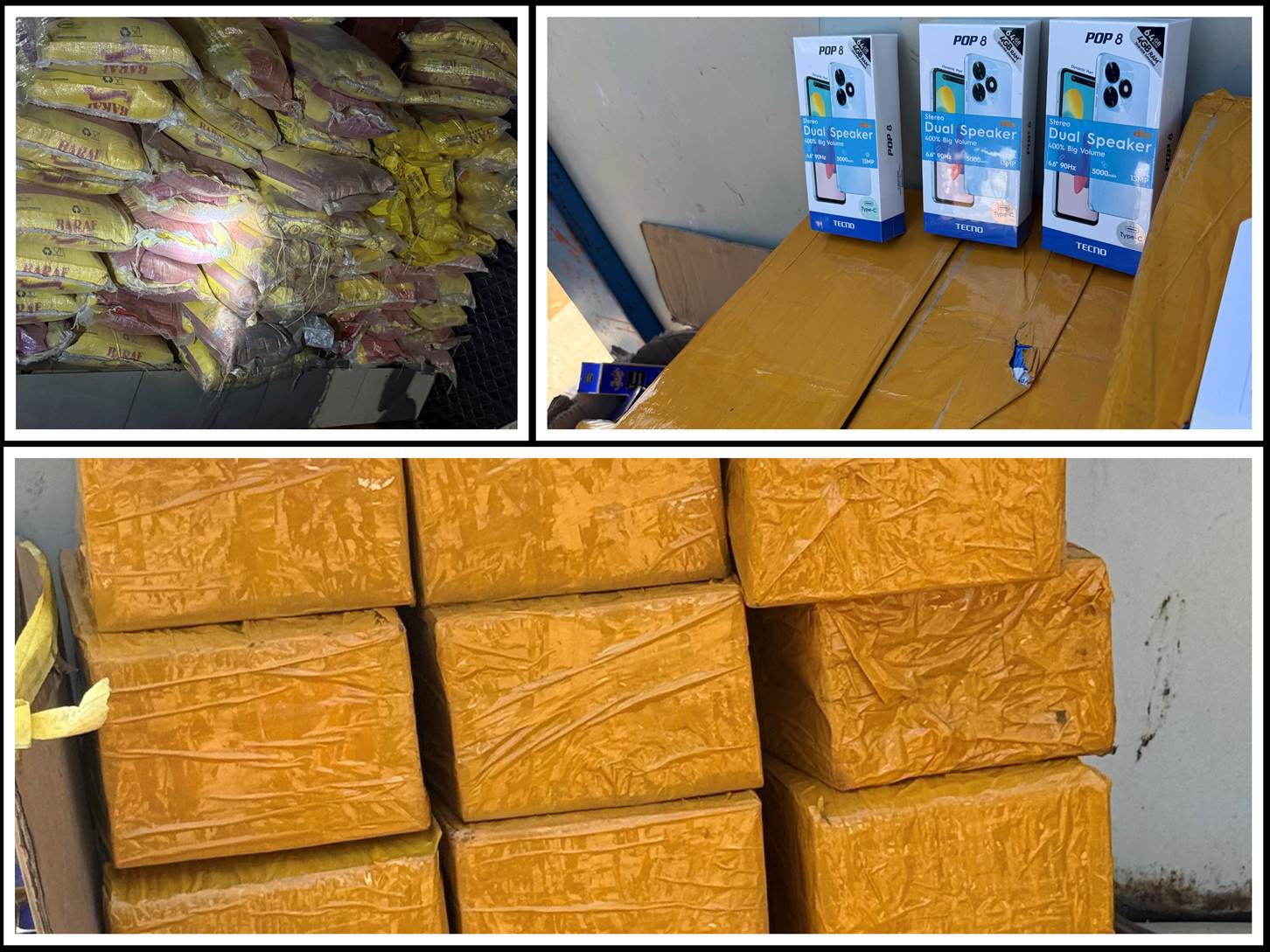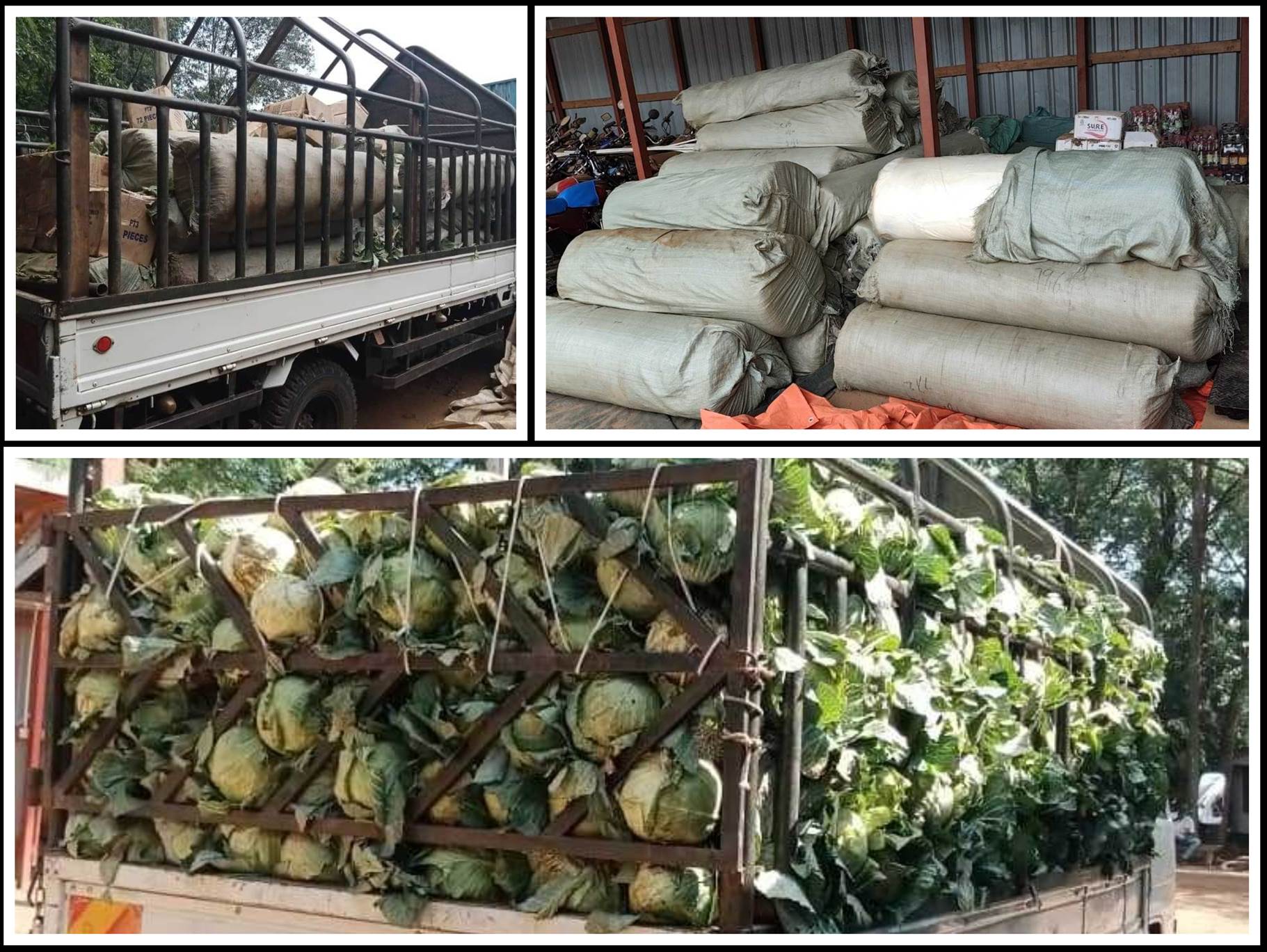By Annet Nantongo
URA will soon collect taxes on imported animal concentrates in form of 18% VAT and 10% import duty. This will be after reviewing the VAT Act amendment from 2017 to scrutinize the possibility of adding concentrates to the collectable schedule. The choice to review the law gives importers of concentrates a month to clear their goods that have already reached the borders.
The resolution comes after traders in animal and bird feeds protested against URA’s directive to collect the VAT and import duty on this category of goods.

Parliament with effect from 2017 scrapped off VAT from animal feeds and premixes, through the amendment of the VAT Act. However, concentrates are not listed.
“Previously, importers have been misclassifying concentrates as premixes so that they enjoy the 2017 VAT Act exemption on collection of the same tax on premixes and animal feeds. However, the Act remains silent on concentrates and that’s why we want to collect the tax due,” Dr. Geoffrey Okaka, URA’s Assistant Commissioner Trade explained.
URA is required to review clearance procedures and provisions in the law to identify gaps that traders could take advantage of to avoid meting tax duties. After reviews, URA notes that this case of misclassification of concentrates as feeds or premixes will see many importers of these goods receive assessments as the taxman seeks to collect import duty and VAT arrears due that the traders haven’t paid since 2017.
While meeting the dealers recently, Dr. Okaka mentioned that URA will use a month to carry out more consultations on how to collect taxes on imported concentrates from taxpayers. Traders also offered a number of proposals that URA will look into with continuous engagement of these stakeholders.
From various stories on the protest last weekend, traders and farmers argued that this tax was repealed in 2017 by Government and it’s illegal for URA to collect it now.
Elinathan Masiko, URA ‘s supervisor Tariffs emphasised that this is not a new tax and that implementation and collection from concentrates follows the EAC Common External Tariff.
Since 2015, the governments of Kenya, Tanzania, Uganda and Rwanda gradually removed taxation on both feeds and premixes raw materials used in the production of animal feeds production to increase access to meat, milk and eggs and also boost the feed production industry in East Africa.
However, there has been a growth in the number of local manufacturers of feeds, premixes and concentrates.
While some traders noted that the tax will increase the cost of animal feeds and frustrate growth of the commercial animal and poultry farmers’ enterprises, this move will help grow the industry of local manufacturers of concentrates. It will also enhance government efforts towards import substitution and export promotions.


